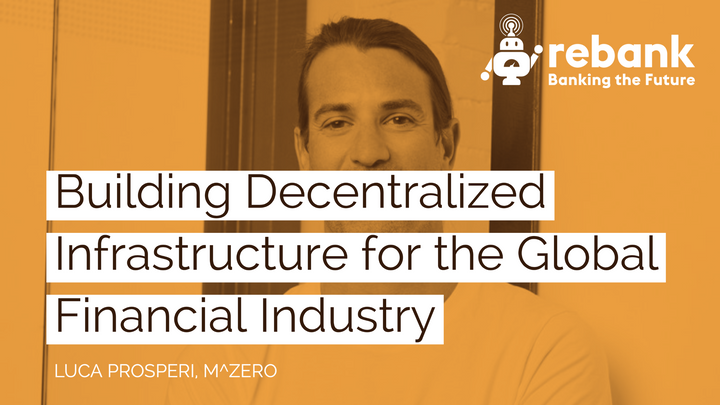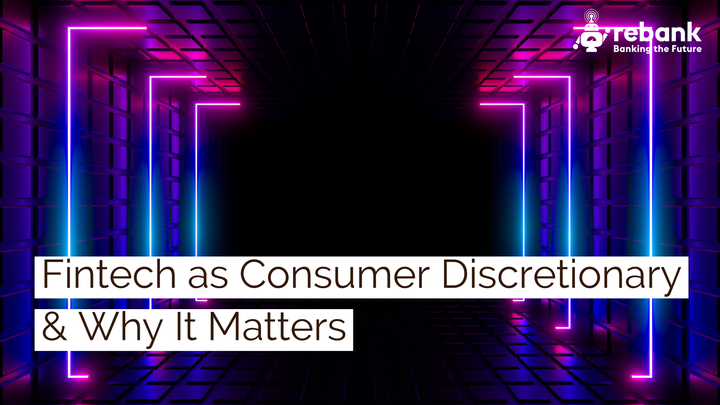What's Happening in Digital Banking?

I discussed this question with Ricky Knox, Founder & CEO of Tandem. Listen to the audio version of the conversation here: here.
Asia
Ricky points to Asia as an underappreciated market for digital banks, suggesting that many in the West see the region as tied up by Tencent and Ant Financial, while, according to him, those companies view banking as a space they haven't yet explored. Both are expected to receive virtual banking licenses in Hong Kong shortly, representing their first foray into banking, as they see it.
Geographic vs. product coverage?
Getting more customers is the primary objective of all successful digital banks right now, and international expansion is the fastest way to do that. To really scale a digital bank, you need massive investment (an estimated $1.5 billion, according to our friend Lex Sokolin). To be a credible candidate for that magnitude of funding, you need to be international. This also fits into the broader narrative of how digital banks win: by filling the gap for truly international propositions in a globalised world, something no traditional bank has ever come close to offering.
The importance of interchange
Interchange is a big deal in the US, with average rates around 2% and banks with less than $10 billion in assets exempt from regulatory caps. Chime is reported to receive 1.5% of card spend back from Visa as revenue, allowing it to offer its accounts free of charge to customers.
This model is reminiscent of free share trading apps in the US: redirecting intermediary fees to B2C providers who use the revenue to subsidize operations and offer no-fee services to customers.
In a world in which intermediary fees exist, they might as well be shared in this way. Ideally, you'll say, intermediary fees in excess of genuine economic costs go to zero and businesses charge customers to cover the costs of providing services. However, shifting to this "ideal" model could have unanticipated impacts on customer outcomes. Human behavior is such that it's probably better for consumers to receive free stock trading and free checking, with costs quietly applied somewhere on the backend, than to be nickel and dimed upfront in ways that potentially skew decision making toward short-term fee reduction over long-term financial well-being (not investing because of the transaction fees or not switching to a lower cost bank due to challenges comparing all-in fees).
Multi-product vs. focused offering
Is it easier for a stock trading or investments app with 5 million customers to roll out banking products or for a purpose-built digital bank to launch in a new market and acquire 5 million customers?
Ricky raises the fair point that despite existing customer numbers, it may be difficult for a share trading app to reposition itself as a user's main bank. In the case of savings apps like Acorns or Qapital or investments platforms like some of the leading US roboadvisors, the ability to expand into banking seems more feasible.
Open Banking
Open Banking (AISP & PISP functionality) "unlocks the ability to shadow control your main bank account," which, in Ricky's view, is where we should expect digital banks to go.
I wonder how quickly the required connectivity will progress toward supporting this vision.
What's the end state of the current digital banking push?
The most valuable bank in the world is worth $350 billion right now. The UK's leading banks are worth $30-60 billion. HSBC, "the world's local bank," doesn't offer retail services in most European countries. In short, banking is localized or nationalized, with a very small number of banks offering international services to high net worth and corporate clients.
In Ricky's view, a group of truly international digital retail banks will emerge. The market structure, he says, might be a bit like what we see in the retail industry today: a few traditional brands (for example Apple, Nike) made big investments to stay current in the age of Amazon and have expanded their global footprints compared with the pre-Internet age. At the same time, the vast majority of brands declined in terms of relevance or disappeared altogether.
A few banks may succeed in expanding reach through all-out repurposing for the digital age, but most won't and will get smaller, fail or be acquired. Ricky predicts we'll see the emergence of a new category of global challengers, with market caps over $1 trillion, in the medium-term.
For more on this topic, listen to my recent conversations with Monzo (iTunes | Spotify), Nubank (iTunes | Spotify) and Varo (iTunes | Spotify).


